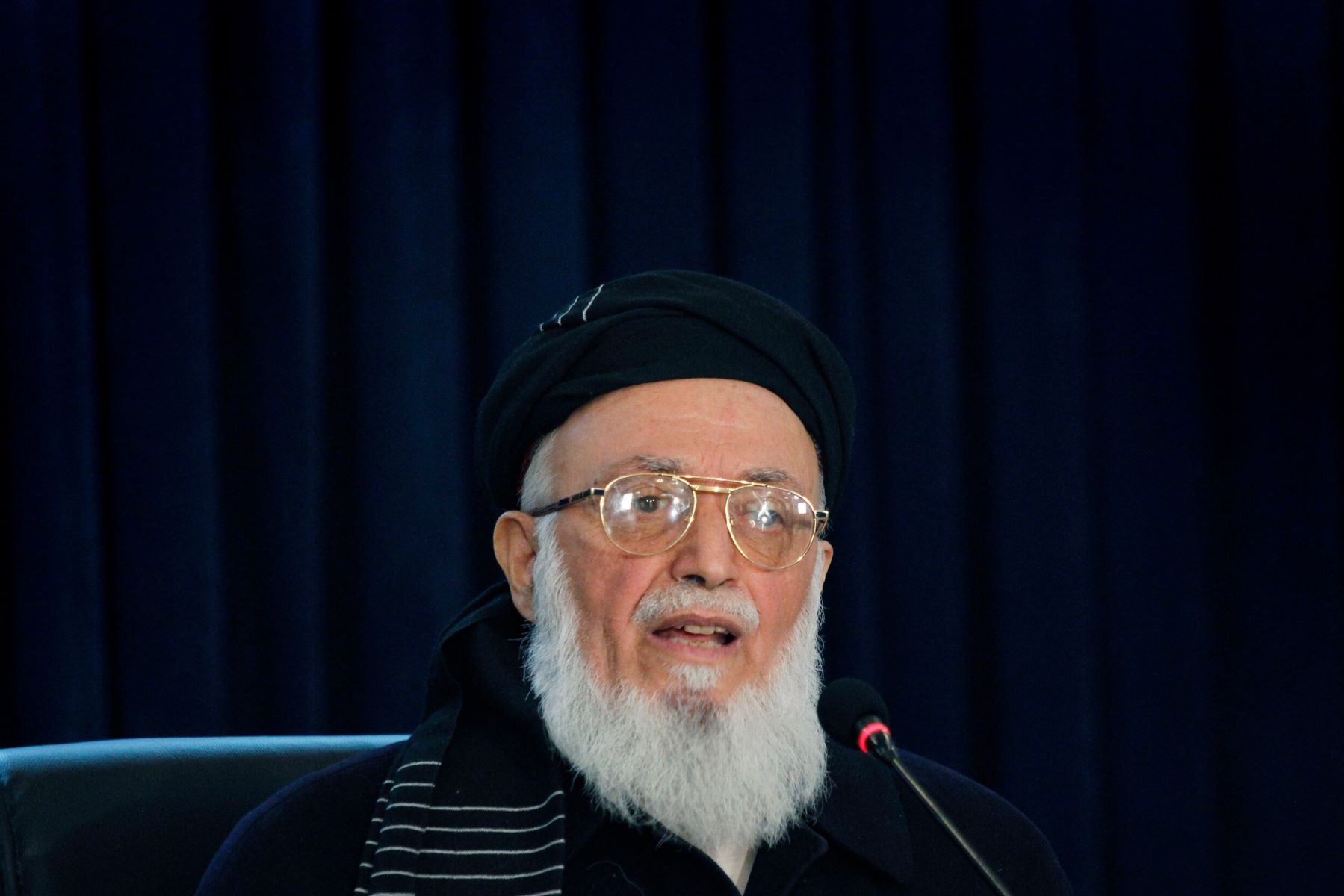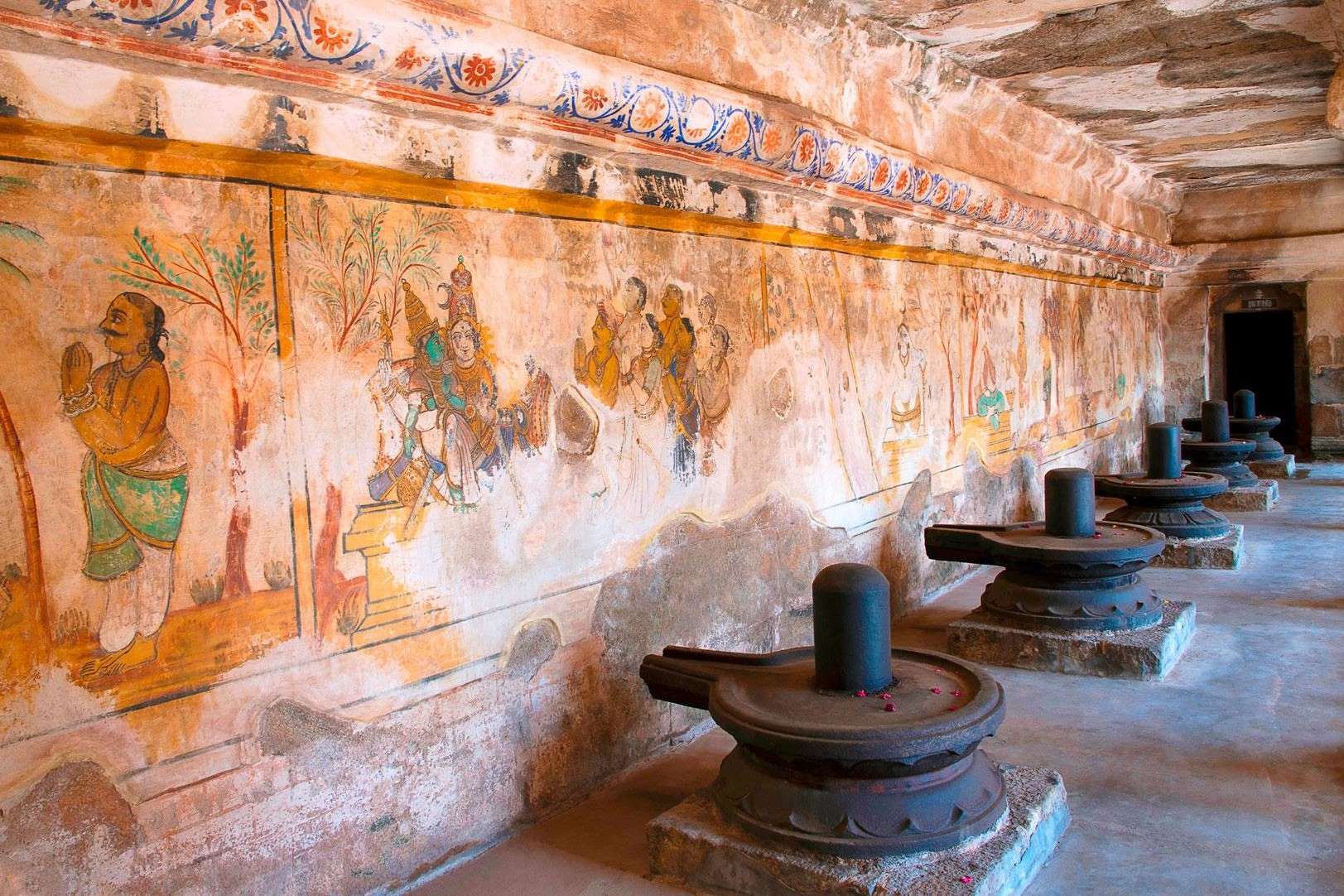
Who was Burhanuddin Rabbani? Burhanuddin Rabbani was a significant figure in Afghan politics and history. He served as President of Afghanistan from 1992 to 1996 and again briefly in 2001. Rabbani was a prominent leader of the Jamiat-e Islami party, which played a crucial role during the Afghan resistance against Soviet occupation. His influence extended beyond politics; he was also a respected Islamic scholar. Rabbani's life was marked by both leadership and controversy, navigating through turbulent times in Afghanistan's history. Assassinated in 2011, his legacy continues to impact Afghan society and politics. Let's explore 16 intriguing facts about Burhanuddin Rabbani that highlight his contributions and complexities.
Early Life and Education
Burhanuddin Rabbani, a prominent figure in Afghan history, had a life filled with significant events and achievements. Let's dive into some fascinating facts about his early years and education.
-
Born on September 20, 1940, in the Badakhshan province of Afghanistan, Rabbani hailed from a Tajik ethnic background.
-
He pursued his early education in his hometown before moving to Kabul, where he attended the prestigious Darul Uloom-e-Sharia.
-
Rabbani furthered his studies in Islamic theology at Kabul University, where he earned a degree in Islamic Law.
-
His quest for knowledge took him to Egypt, where he studied at Al-Azhar University, one of the oldest and most respected Islamic institutions in the world.
Political Career
Rabbani's political career was marked by his leadership and influence in Afghanistan's turbulent history. Here are some key moments from his political journey.
-
In 1972, Rabbani became the leader of the Jamiat-e Islami, an Islamic political party in Afghanistan.
-
He played a significant role in the Afghan resistance against the Soviet invasion in 1979, becoming a key figure in the Mujahideen movement.
-
Rabbani served as the President of Afghanistan from 1992 to 1996, during the civil war that followed the Soviet withdrawal.
-
Despite being ousted by the Taliban in 1996, he continued to be recognized as the head of the Afghan government in exile.
Contributions to Peace and Reconciliation
Rabbani's efforts towards peace and reconciliation in Afghanistan were noteworthy. His initiatives aimed at bringing stability to the war-torn nation.
-
In 2001, after the fall of the Taliban, Rabbani returned to Kabul and played a crucial role in the formation of the interim government.
-
He was appointed as the head of the High Peace Council in 2010, tasked with negotiating peace with the Taliban.
-
Rabbani's efforts in promoting dialogue and reconciliation earned him respect both domestically and internationally.
Personal Life and Legacy
Rabbani's personal life and legacy continue to influence Afghanistan's socio-political landscape. Here are some intriguing facts about his personal life and enduring legacy.
-
He was married and had six children, some of whom have followed in his footsteps in Afghan politics.
-
Rabbani was known for his scholarly work, authoring several books on Islamic theology and Afghan politics.
-
His assassination on September 20, 2011, marked a significant loss for Afghanistan. He was killed by a suicide bomber posing as a Taliban peace envoy.
-
Despite his death, Rabbani's legacy lives on through his contributions to Afghan politics and his efforts towards peace and reconciliation.
-
His son, Salahuddin Rabbani, continues to be an influential figure in Afghan politics, serving as the leader of Jamiat-e Islami and holding various governmental positions.
Reflecting on Burhanuddin Rabbani's Legacy
Burhanuddin Rabbani's life was a tapestry of resilience, leadership, and dedication to his country. From his early days as a professor to his pivotal role in Afghan politics, Rabbani's journey was marked by unwavering commitment. He played a crucial part in the Mujahideen's fight against Soviet forces and later became Afghanistan's President, navigating through turbulent times. His efforts in promoting peace, despite facing numerous challenges, left an indelible mark on Afghan history. Rabbani's assassination in 2011 was a significant blow, but his legacy continues to inspire many. His life's work underscores the importance of perseverance and the relentless pursuit of peace. As we reflect on his contributions, Rabbani's story serves as a reminder of the impact one individual can have on a nation's destiny. His legacy remains a beacon of hope and resilience for future generations.
Was this page helpful?
Our commitment to delivering trustworthy and engaging content is at the heart of what we do. Each fact on our site is contributed by real users like you, bringing a wealth of diverse insights and information. To ensure the highest standards of accuracy and reliability, our dedicated editors meticulously review each submission. This process guarantees that the facts we share are not only fascinating but also credible. Trust in our commitment to quality and authenticity as you explore and learn with us.


